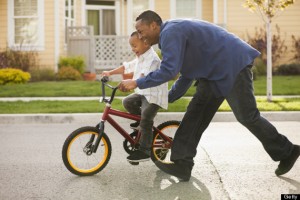As I have shared in the class, I am a social worker by training and am interested in looking at equity in urban education. I also have three children ages 14, 12 and 9, all of which have had to use the internet for homework one time or another this school year. I am fortunate that I am able to afford to have internet access at home.Unfortunately there are many children in New York City schools who are not as fortunate. Selena and I partnered to work on our data visualization project with the intention of learning a few new things to eliminate our phobia for technology. We also were interested in looking at public schools, their locations as they compare to where free wi-fi is located. We both attended the Neatline workshop and thought we would use it for the data visualization project. To our dismay, we could not figure out how to plot the data onto Neatline and decided to go with using CARTODB instead. We decided to take our data visualization project and use it towards a proposal for a free wifi access awareness and social action project. Our hope is to get more free wifi access in low to moderate areas for the purpose of ensuring that all children have access to the tools that will help them succeed academically.
After many hours of troubleshooting, we finally figured it out. We are proud to show you our final product:
https://smw.cartodb.com/viz/e6095f6c-80ec-11e4-9bef-0e9d821ea90d/embed_map
Here we decided to add a Torque feature to make the map more appealing to the eye:
https://smw.cartodb.com/tables/nyc_free_public_wifi_12052014/public/map
Since some of you may be interested in using Neatline I added a link whereas David McClure gave us step by step instructions on how to to download Neatline as well as in putting data into Neatline. I thought I would share the information for all of you:
Instructions for downloading Omeka + Neatline: (By David McClure)


